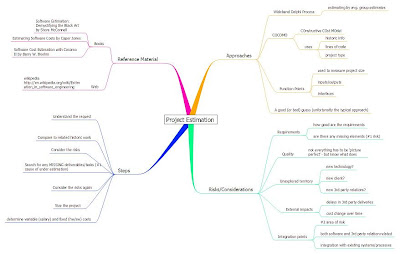
I've been thinking recently about search results, AI, project management and other things (a few beers would have distracted me to thinking about a few more beers....but when you're out you're out) - and a thought came to mind that maybe it's the forgetting part of our memories that has caused the problems. Not that memory lose is why there has been little progress, but that memory lose in itself, the need to lose memory, has not been taken into consideration. I'm far from an expert, but part of our ability to progress is to forget; forget past problems, pain points, even correct conclusions...we even combine past memories into a single one. It's sort of a house cleaning effect. So, let's apply memory lose to search results. When we google we often find old, out dated information and older information first - would it make sense to 'reduce' the ranking of pages that have been around longer, especially those with little to no change? In regards to AI - the base approach is to record everything, build complex switches to find the answer and then highlight the path for the next request...what if the old answers are lost, new paths need to be found to new/perhaps-better (or worse) results...but at least different. For project management - a very specific area - wouldn't past approaches, right or wrong, once removed make available opportunities for new discovery. You basically remove the 'known' right answer (that might not be the right'ist) for hopes of discovering a right'er answer for that point and time. Just some random thoughts.


































